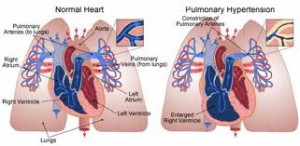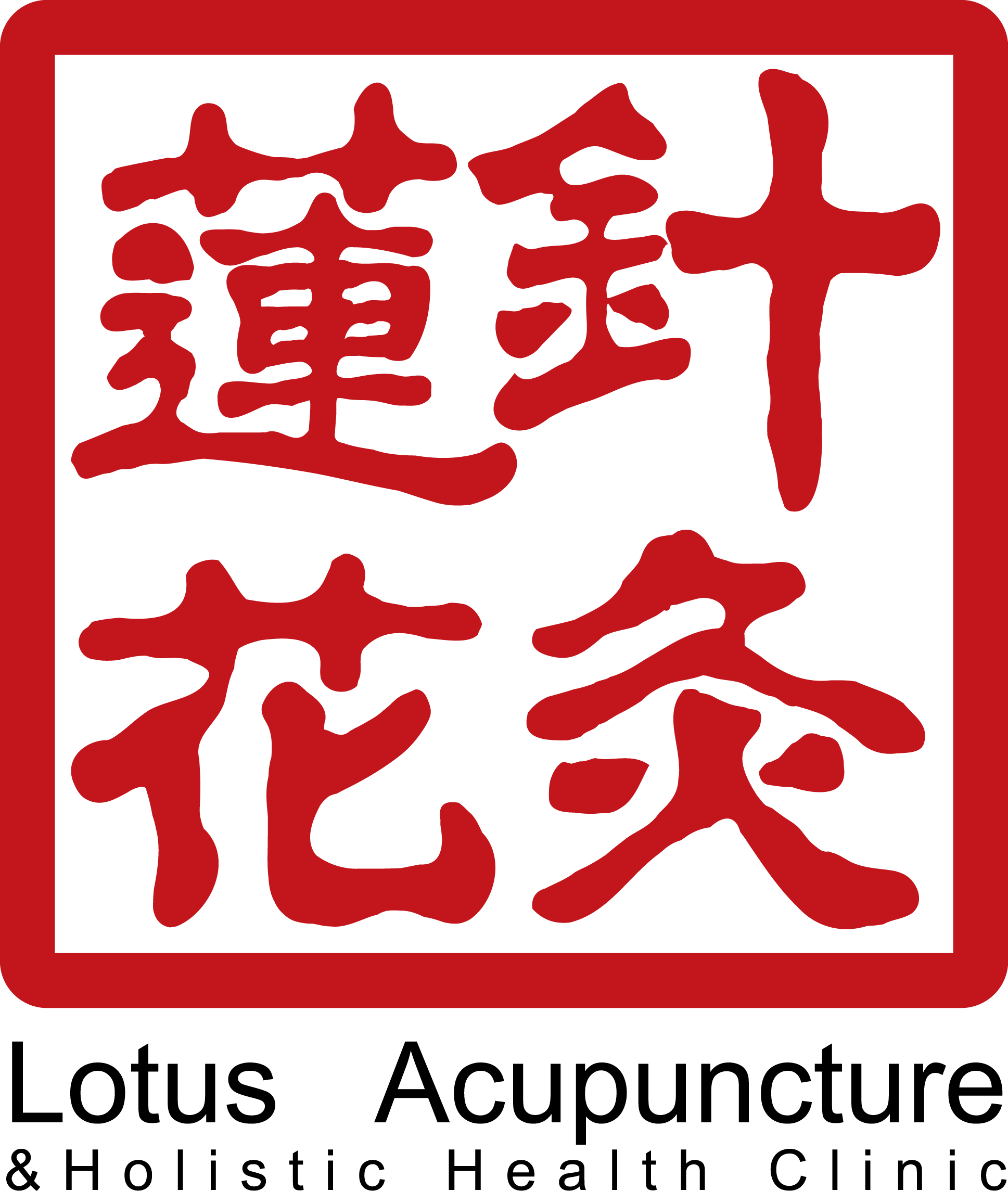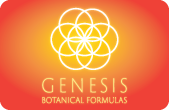 The phrase “his blood is boiling” conjures up images of a round, red faced man, eyes bulging, and jets of steam shooting from his ears and nostrils. although, cartoonish, this image is all to real in actual human beings. It’s called hypertension and kills thousands of Americans every year.
The phrase “his blood is boiling” conjures up images of a round, red faced man, eyes bulging, and jets of steam shooting from his ears and nostrils. although, cartoonish, this image is all to real in actual human beings. It’s called hypertension and kills thousands of Americans every year.
What is Hypertension and what are the symptoms?
Hypertension is the term used to describe high blood pressure. About 1 in 3 U.S. adults– an estimated 68 million people– suffer from hypertension. Hypertension was listed as the primary cause of death for about 384,000 Americans in 2008. Many Americans with hypertension also suffer with high cholesterol. To much cholesterol can increase the chances of developing heart disease, including fatal heart attacks and strokes.
Hypertension falls into three categories: Essential hypertension, secondary hypertension, and diastolic hypertension:
*Essential hypertension accounts for 85- 90% of all diagnosed hypertension.
*Secondary hypertension occurs when damage to the kidneys or endocrine dysfunction cause blood pressure to rise.
*Diastolic hypertension- there is no difference in men and women. It increases with age until 55 or 60 years and systolic pressure increases with age until at least 80.
Important to note: Essential hypertension factors include a diet high in animal fat and sodium chloride. Recent studies in remote areas of China, New Guinea, Panama, Brazil, and Africa where low fat, low sodium diets are the norm, show virtually no evidence of hypertension, even in advanced age.
Symptoms of hypertension:
*unexplained headaches
*nose bleeds
*spells of dizziness or sweating
*visual disturbances
*shortness of breath
*flushed cheeks
*ringing in the ears
Important to note: Most of the time, high blood pressure is completely asymptomatic and is only detectable by having blood pressure taken with a blood pressure cuff.
How does Acupuncture treat hypertension?
Acupuncture is very effective for bringing down a high systolic pressure within 15-20 minutes of insertion of needles.
A simple but often very effective acupuncture formula for immediately lowering blood pressure is:
Zu San Li- (ST 36)
Qu chi- (LI 11)
Nei Guan (Per 6)
Ear acupuncture with intra-dermal needles left in place between regularly scheduled body acupuncture sessions may improve the therapeutic effect of acupuncture. It is also possible to use “ion pellets” or radish seeds taped over the selected ear points which the patient stimulates several times per day with finger pressure.
How does diet, exercise, weight-loss, and deep relaxation help to resolve hypertension?
According to Chinese dietary therapy, the following common foods and herbs can help reduce blood pressure:
*Hawthorn fruit
*Chrysanthemum flower
*celery
*onion
*garlic
*carrot
*shepherds purse
*apple
*pear
*tangerine
*foods rich in potassium
*parsley
Important to note: Hawthorn fruit is useful for the treatment of essential hypertension accompanied by hyperlipidemia and coronary heart disease.
Foods to avoid:
*salt
*sugar
*processed and packaged foods
*smoked meats and cheeses (high sodium)
*bad fats- saturated, hydrogenated,etc.
*large amounts of caffeine
Weight-loss reduces blood pressure in everyone, with or without hypertension and should be a goal for all hypertensives who are obese moderately overweight.
Exercise reduces both stress and blood pressure, and should be practices whether or not disease is present.
Meditation is also proven to reduce stress and lower blood pressure. According to Robert Schneider, MD, dean of the college of Maharishi Vedic Medicine at the Maharishi University of Management and director of the university’s government-sponsored Center for Natural Medicine and Prevention, “in the past 30 years, approximately 600 studies have been conducted worldwide on the effects of transcendental meditation on blood pressure. ‘TM is a simple mind-body technique that allows you to gain a unique state of restful awareness or alertness,’ says Schneider. Studies have repeatedly shown it to be effective in easing stress, one of the major risk factors for heart disease. Though there are many kinds of meditative techniques, it is only TM, says Schneider, that has been studied and been proved to be effective in improving a range of risk factors for heart disease. Researchers believe that the deep rest achieved through TM sparks biochemical changes that help the body and mind reach a more balanced state, in turn triggering the body’s own self-repair mechanism.” (2012)
What about High Cholesterol?
To much cholesterol can increase the chances of developing heart disease, including fatal heart attacks and stroke. By inhibiting circulation, to much cholesterol can also cause gall stones, impotence, high blood pressure, and loss of mental acuity.
Good and Bad Cholesterol:
Cholesterol is transported in the blood by a substance called lipoproteins.
One class of lipoproteins, called LOW-DENSITY lipoproteins, (LDL) for short, carries cholesterol from the liver, where it is produced, to the cells that need it. Another kind of lipoprotein, called HIGH-DENSITY lipoproteins (HDL) picks up excess cholesterol from the cells and takes it back to the liver, where it is broken down and excreted from the body.
If the body creates to much LDL’s, then the HDL’s can only remove so much, and the excess/extra cholesterol simply remains in the blood. The blood then becomes oxidized and attaches to the artery walls, it sets the stage for inflammation of the arteries. Chronic inflammation contributes to further buildup and deposition of cholesterol and plaque on the interior walls of the arteries.
Symptoms of high cholesterol:
*Dizziness
*Mental confusion or dullness
*Circulatory problems
*Difficulty breathing after minor exertion
Root causes:
*Poor diet, especially one high in cholesterol, saturated fats, and refined carbs.
*Hyperthyroidism
*Stress
*Inactivity
*Hereditary
*Diabetes insulin resistant
How do I treat high cholesterol?
Eating foods rich in fiber helps to decrease cholesterol levels. Increasing veggies, fruits, nuts, seeds, and whole grains, especially soluble fiber (fiber that does not dissolve in water and binds to cholesterol as it passes through the digestive tract).
Reducing one’s intake of fat and refined sugar and carbohydrates also helps to lower cholesterol.
Recommenced foods:
*soluble fiber
*oats
*brown rice
*beans/legumes
*fruit
*Essential fatty acids (have a heart protecting effect)
*cold water fish
*flax seed
*olive oil
*garlic
*onion
*spices-cayenne, basil, rosemary, oregano
*nuts- walnuts, almonds, pistachios
Important to note: The molecules in cholesterol are highly vulnerable to damage by free radicals, so it is important to eat deeply colored fruits and veggies.
Foods to avoid:
Fats that are saturated, hydrogenated, or partially hydrogenated tend to increase cholesterol levels.
AVOID:
*bad fats
*fried foods
*sweet baked goods
*most crackers
*margarine
*vegetable shortening
*sugar
*alcohol
*refined sugar- soda, candy, low-fat baked goods, and excess caffeine
Hypertension and high cholesterol are treatable with acupuncture, diet, exercise and meditation. The first and most important thing is to have your blood pressure checked and create a plan of treatment with a holistic practitioner. The staff at Lotus Acupuncture and Holistic Health Clinic, are prepared and eager to address and resolve your health care needs. We can help to “let the steam out of the kettle,” so to speak, and help you to achieve your health goals and relieve stress that can reek havoc on your heart and body.
Written by: Melissa Linger for Lotus Acupuncture
Sources:
U.S. National Library of Medicine (2012)
http://www.ncbi.nlm.nih.gov/pubmedhealth/PMH0001502
Mayo Clinic Website
http://www.mayoclinic.com/health/high-blood-cholesterol/DS00178
Flaws, Bob; Philippe Sionneau. The Treatment of Modern Western Medical Diseases with Chinese Medicine. Blue Poppy Press (2001).




